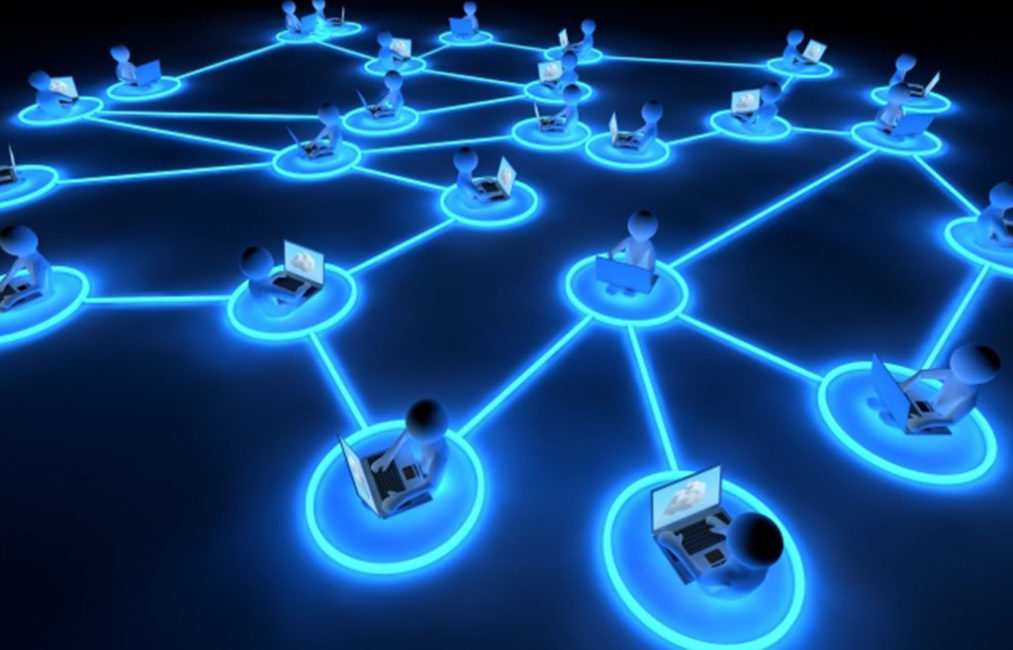Smart Office Workflows

What insights about people and technology are needed to better understand workflow, communication and productivity in sensor-rich environments?
Overview
Personal, team and organizational work styles and workflows changed as a result of information technology (IT) in sensor-rich computational environments. The ways that people related to work, and through it to one another, added new dimensions to identity, wellness, reciprocity, trust, authenticity, memory, transparency, and service. This theme highlighted insights about productivity in the technology-enabled offices of the future. It focused on workflow, communication and production in knowledge work and learning environments that are augmented with sensing technologies, robotics, and artificial intelligence.
Background
Nested in an ecosystem of related technologies, such as sensors, IoT, big data, deep learning, robotics, and cloud computing, the flow of intellectual work and its products created new landscapes of challenges and prospects.
Continuous discovery, task switching, multimodal interfaces, and distributed teams in different time zones created persistent challenges and opportunities for knowledge workers. IT aimed to provide productivity enhancements and customized interfaces through which people access and perform their work. Instant messaging, just-in-time learning, online discovery, and cloud-based storage are becoming indispensable for work. Novel constellations of APIs across productivity platforms gave rise to new cyber-social communities, reorganizing work management systems, and altering relationships people have with each other, their employers, their work, and their environments.
mediaX provided seed grants to four projects that have strong potential to create insights about productivity in the technology-enabled offices of the future. This challenge included, but was not limited to: sensors for stationary and motion technology, personal and team sensing, sharing and security, real-time progress feedback, and work-related tools and technologies for novel as well as routine work of individuals, teams and organizations. Priority was given to proposals that included research methods or questions about documenting and enhancing workflow in educational, legal, government and health sectors across both remote and on-site work spaces.
Research Initiatives
Michael Bernstein: Dream Team: Computational Techniques for Adaptive Teams
Larry Leifer: Real Time Knowledge Capture and Feedback in Design Workspaces
Larry Leifer: Making Noise Intentional: Capturing and Designing Robotic Sonic Expression
Allison Okamura: Haptic Tether for Human Robot Communication